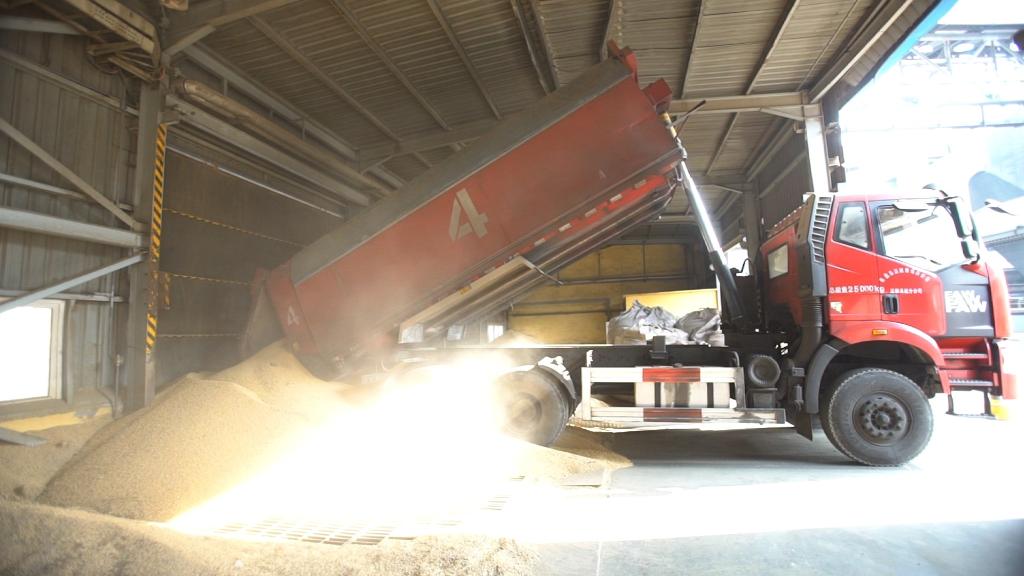
Mayor Andy Berke knows that Chattanooga, Tennessee, is having a moment.
Record low unemployment. Double-digit wage growth. Affordable housing and beautiful national parks nearby. Outside Magazine even named it "Best Town Ever."
But President Trump's steel and aluminum tariffs could threaten the success story.
Trump won Tennessee with 61% of the vote, and he carried Hamilton County, which includes Chattanooga, with 56%. He promised during the campaign to get tough on trade, but parts of Trump country are starting to worry about his tariffs.
Chattanooga, a city of 178,000 people, has about 20,000 auto jobs, according to the mayor, a Democrat, and Census figures. The biggest employer is Volkswagen, which has its only US factory there.
Automakers, some of the biggest buyers of steel and sometimes aluminum, face higher production costs because of the tariffs. Higher costs have historically led to higher prices for customers and sometimes job losses.
Berke says the Volkswagen factory buys American-made steel. But domestic steel is getting more expensive, too. Facing less competition, US steel makers have raised prices 10% since Trump's first announcement on March 1, according to S&P Global Platts.
The tariffs are "a point of concern for Chattanooga," Berke told CNN. "This is pretty simple for us: When we sell more cars, more people get jobs ... free trade brings jobs to our community."
Volkswagen said in a statement that the tariffs "will make manufacturing in the United States less competitive, threaten job growth and result in higher prices for consumers."
Related: Trump lands his first trade deal
Businesses in another Republican stronghold, Texas, are beginning to report that the tariffs, which went into effect Friday, will hurt their business, too. Trump won 52% of the vote in Texas, compared with 43% for Hillary Clinton.
A survey published Monday by the Dallas Federal Reserve found that manufacturers and oil and coal companies are worried.
"The steel tariff could hurt," an executive at a metal manufacturing company told the Dallas Fed. "We expect a wild, unpredictable ride as there are also large, negative and unintended consequences which will hurt us."
Metal manufacturers are the kind of company meant to be protected by the tariffs.
An executive from a fabricated-metal company worried that the steel tariff could "severely impact our business."
Related: Apples and cherries are at stake in China trade fight
A transportation equipment maker in Texas put it bluntly: "We will likely have to raise prices due to the effects of aluminum tariffs."
The Dallas Fed did not name the respondents in the survey, and said that it edited the responses for publication.
Trump is imposing a 25% tariff on imported steel and a 10% tariff on imported aluminum. Six countries and the European Union are exempt, which eases the blow to US businesses. But about a third of US steel imports are still subject to the duties.
Elsewhere in Trump country, Midwest pork farms are worried about tariffs from China, which plans to retaliate against the US actions. Breweries in North Carolina expect to pay more for the aluminum they use in beer cans. Grain growers in Montana worry about the ripple effects of Chinese tariffs.
Nationwide, 38% of Americans approve of Trump's work on trade, compared with 50% who disapprove, according to a CNN poll published Tuesday.
To be sure, some businesses thank Trump for the tariffs, mostly steel firms and some aluminum producers. But there are far more jobs in industries that buy steel, such as cars, than industries that sell it.


